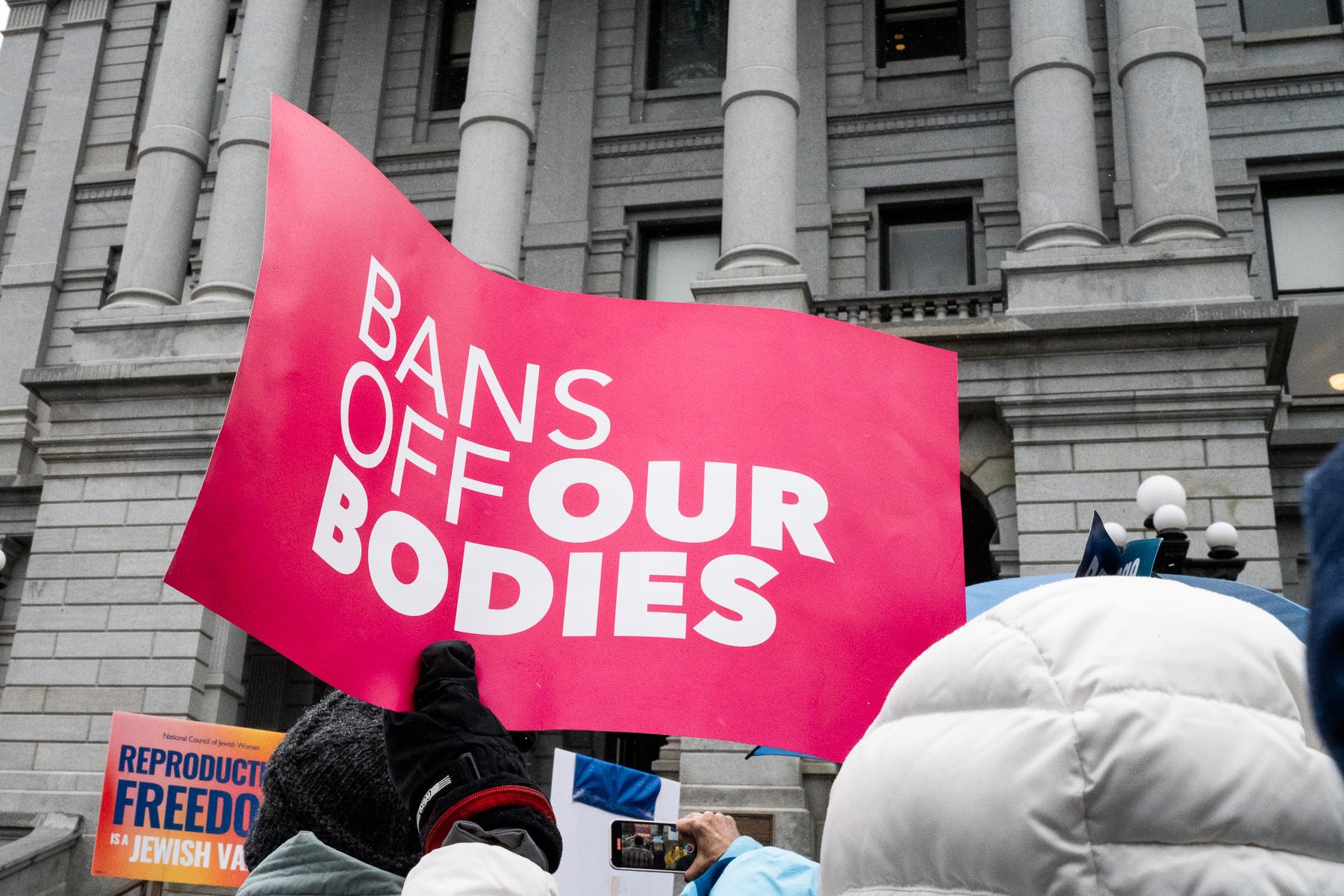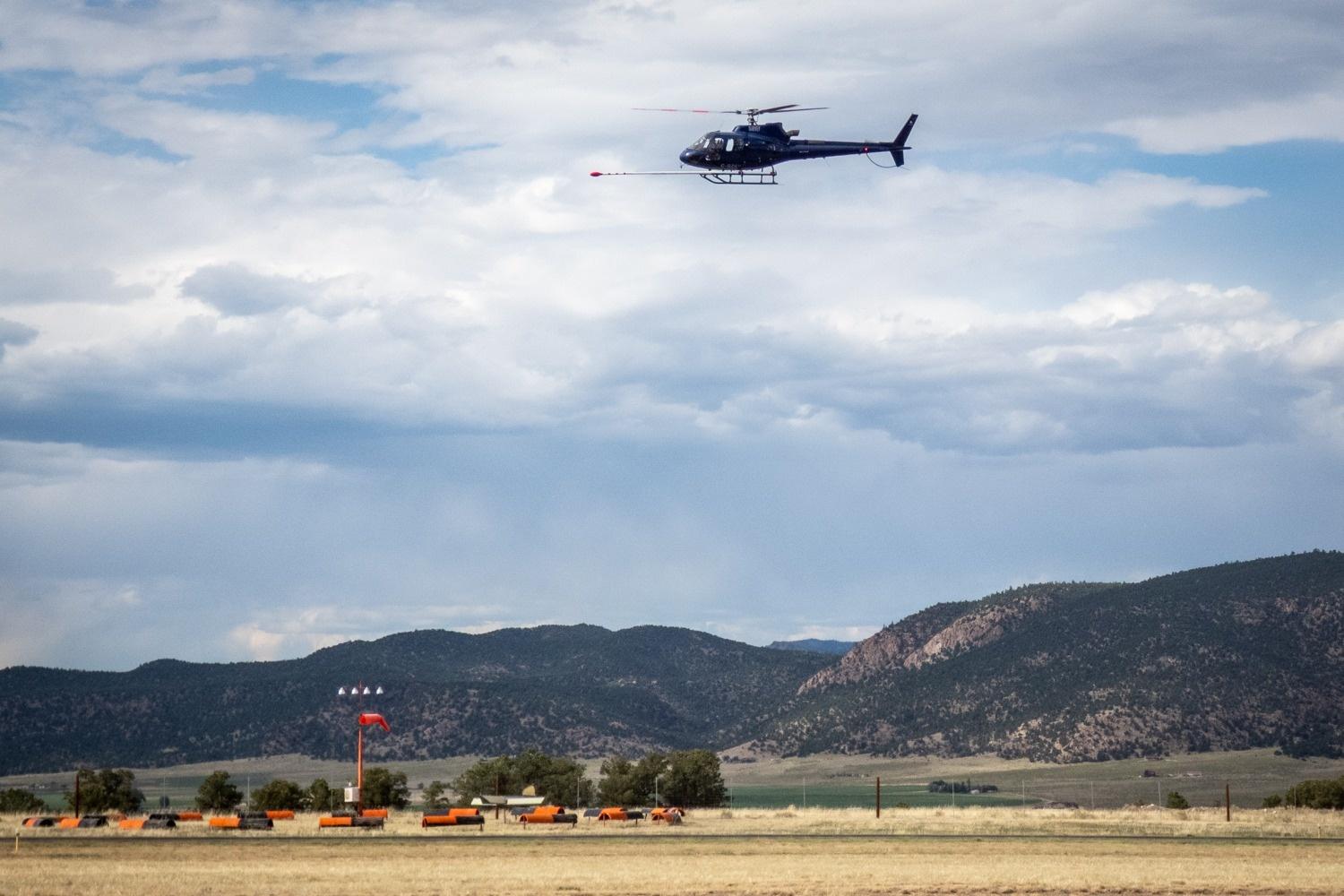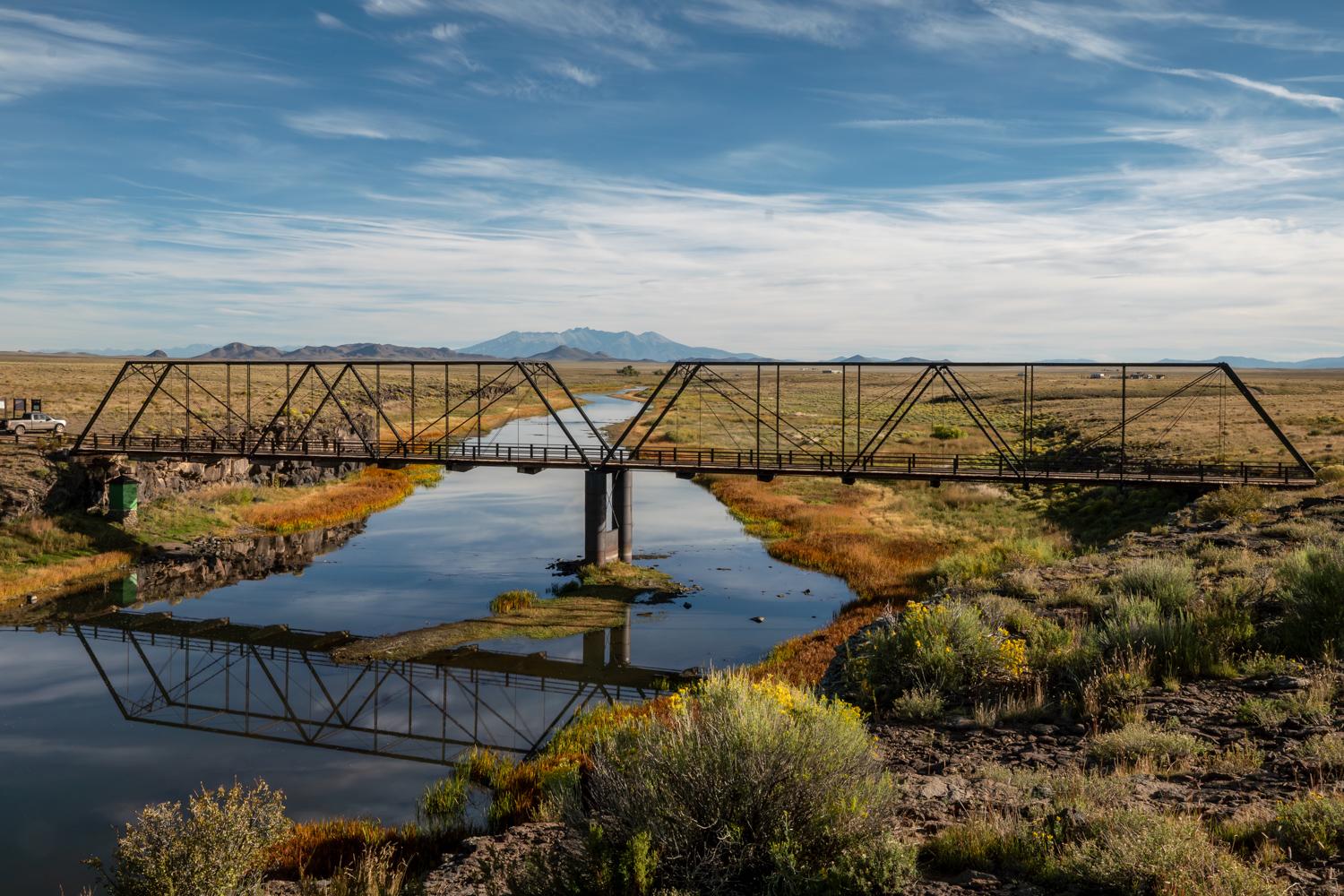
Amendment 79, which adds the right to have an abortion to Colorado's constitution and prevents state or local governments from restricting access to it, has passed.
The Associated Press called the race at 8:29 p.m., with 61 percent of voters in favor of the amendment, and 39 percent of voters against.
As an amendment to the state constitution, this measure needed approval by 55 percent of voters instead of just 50 percent.
This means that now, the right to an abortion is codified into the state constitution and a future state legislature cannot restrict it. It’s similar to the law Democratic Gov. Jared Polis signed in 2022. This new amendment will also allow public employers’ health insurance to cover abortions for government employees and could allow the state to extend Medicaid coverage for the procedure.
It’s an issue nine other states also had on their ballots this election season. Like Colorado, the issue made it onto the ballot by citizen initiatives – measures written by citizen groups and are placed on the ballot if they receive enough signatures – in Arizona, Florida, Missouri, Montana, Nebraska, Nevada, and South Dakota, according to the Kaiser Family Foundation’s online ballot tracker.
The Florida measure failed but the New York and Maryland measures have passed, with voting counting continuing in other states.
Before election day, Amendment 79 was a hot topic, receiving millions in funding from groups in favor of it.
Supporters included Cobalt, Coloradans for Protecting Reproductive Freedom, the Boulder County YWCA and Collaborative Healing Within Communities (CHIC), a non-profit organization also advocating for a study to see if Black Coloradans have been harmed because of their race.
Other supporters include the Feminist Majority Foundation and the Northern Colorado Chapter National Organization for Women.
Another supporter was New Era Colorado, an 18-person non-profit organization that organizes young people through the political process and builds the political power of youth.
“Abortion rights really captures young people’s values around autonomy and control over our own lives and our own futures. What Amendment 79 does is, it will enshrine protection to abortion in the state’s constitution, and it will also limit government interference in the expression of that,” Executive Director Nicole Hensel said in an interview.
Just as money has gone towards supporting the measure, there were also dollars directed against it. The Denver Post reported that The Archdiocese of Denver and a nonprofit representing the state’s Catholic bishops have contributed $225,000 to a Colorado anti-abortion group in its fight against Amendment 79; additionally, it reported that the Pro-Life Colorado Fund, a coalition of more than 50 anti-abortion groups, received $175,000 on Oct. 22 from the Denver Archdiocese, according to TRACER, the website that discloses campaign finances.
Vocal opponents also included Colorado Right to Life, an organization that advocates for anti-abortion measures. It only took a stance on one measure this election season: Amendment 79.
Calling it “too extreme for Colorado,” Executive Director Scott Shamblin said in a recent interview: “It creates the unrestricted right to abortion through all nine months for any reason,” he said. “It also prohibits parental notification of a minor receiving abortion, and it forces taxpayer funding of abortion.”
Brittany Vessely, a board member of Right to Know Colorado, a coalition of 50 organizations and individuals opposing the amendment, was direct in her organization’s opposition to the measure.
“It doesn’t make sense, and it goes too far,” she said in a recent interview.








